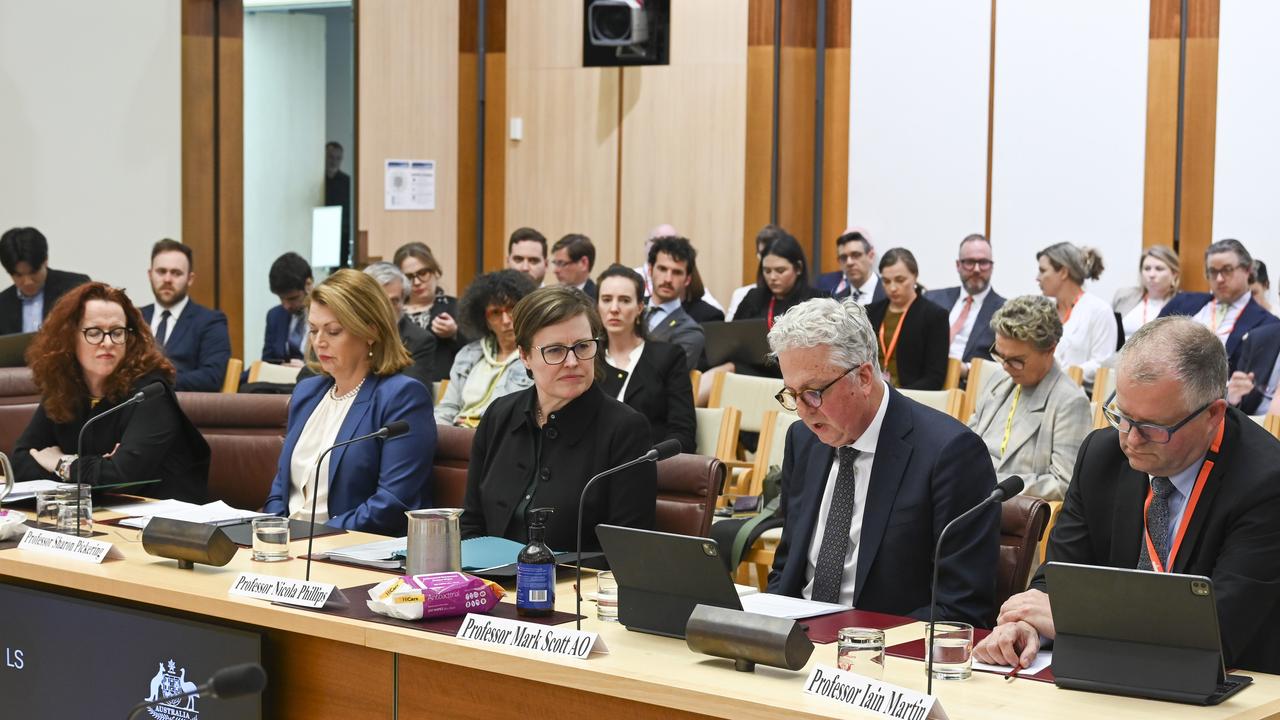Landmark VAD court ruling: telehealth illegal
A push to allow Voluntary Assisted Dying medical consultations to occur via telehealth has been rejected by the Federal Court, in a blow to voluntary euthanasia advocates.

A push to allow Voluntary Assisted Dying medical consultations to occur via telehealth has been rejected by the Federal Court in a blow to voluntary euthanasia advocates.
Melbourne VAD doctor Nick Carr had sought a ruling from the court on whether a federal law banning the use of phone or internet to “counsel” suicide applied to state VAD systems.
Judge Wendy Abraham KC on Thursday ruled that the relevant section of the commonwealth criminal code act does apply to ending someone’s life under VAD.
It is a blow to VAD doctors and advocates who argue that the federal law has prevented VAD access by many regional and remote patients and in some jurisdictions stymied online VAD training for doctors.
The decision will add impetus to a push by states, all of which have passed VAD laws, for amendment to the federal law introduced in response to the activities of voluntary euthanasia advocate Philip Nitschke.
Justice Abraham rejected key arguments advanced by Dr Carr’s legal team, including that the legal meaning of the phrase “commit suicide”, in the context of the federal law, was to intentionally take one’s life “other than in the exercise of a legal right to do so conferred and regulated by law”.
“The better interpretation of those words is that they simply bear their ordinary and natural meaning, the intentional taking of one’s own life, and the act of doing so,” Justice Abraham ruled.
“At the time of their introduction, it was well understood that the offence provisions could apply to individuals engaging in private communications, including by telephone and by email, and potentially encompass discussions in the context of a doctor-patient relationship.”
The judgment will be welcomed by opponents of change, who argue telehealth consultations do not allow adequate assessment of a person’s state of mind and whether they are being coerced into VAD.
Dr Carr said the focus would now switch to a private member’s bill, put forward by independent MP Kate Chaney, to amend the federal law.
“I’m extremely disappointed at Justice Abraham’s findings,” Dr Carr told The Australian.
“The argument in court was all about words and dictionaries and language.
“There was never any mention of a patient and the huge gulf between the horrors of suicide and the comfort that is VAD.
“But now at least we have clarification under law and we now go to Kate Chaney and her private member’s bill and pursue the matter through parliament.”
The Queensland Attorney-General, Yvette D’Ath, said the Albanese government “must urgently act to amend commonwealth laws that are standing in the way of people’s lawful access to VAD”.
“Medical professionals should not face prosecution for fulfilling their duties, nor should people be denied access to medical support based on where they live,” she said.
“Today’s Federal Court decision reinforces Queensland’s long-held position that legislative change is essential.”



